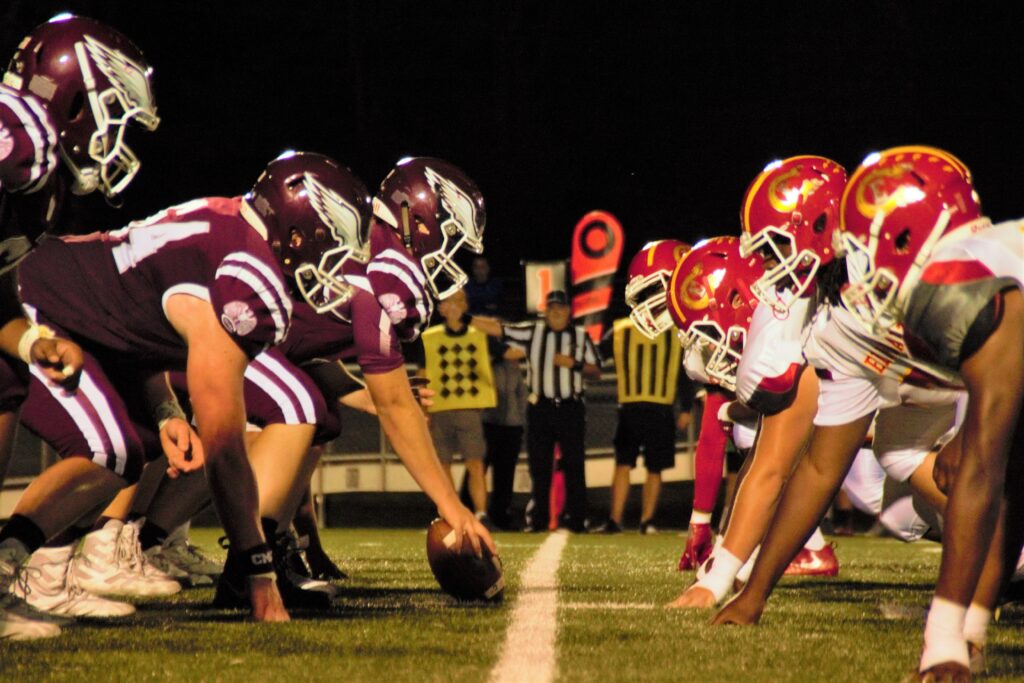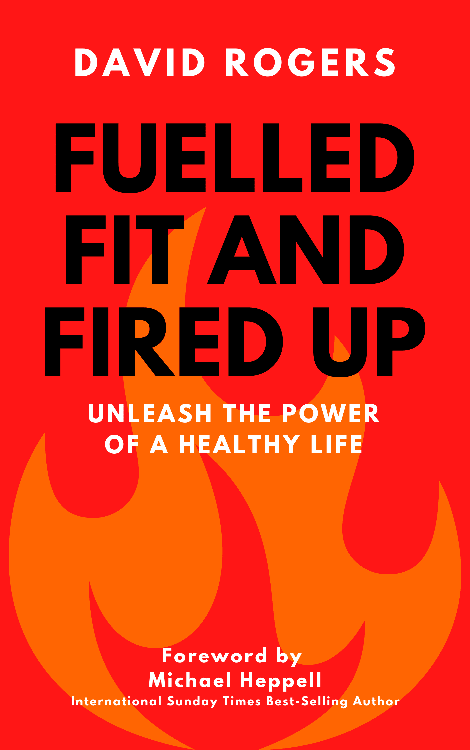
Rookie Mistakes
Inspiration for my newsletter comes from varied sources, and this week is no exception, with an American sport, an ex-Commonwealth champion, and a US cop drama getting a mention as I explore being a rookie and how applying this logic benefits life and business.
The story starts last weekend when the National Football League (NFL) was building up to its season-ending showpiece extravaganza Super Bowl 57, which did not disappoint. Being a long-time follower of American Football, I’ve always been intrigued by their approach to having an even playing field through the pre-season draft.

Teams choose players based on their performance in the previous season, with the worst team getting the all-important first pick. Those lucky enough to get a shot at the NFL big-time receive a four-year rookie contract, and there is no salary negotiation. While hugely lucrative versus average incomes, their basic pay pales into insignificance against established players.
You only have to compare the two quarterbacks from last weekend to illustrate the point; Jalen Hurts, earning c$6m across his four-year contract (excluding add-ons), and Patrick Mahomes, the recently signed a 10-year $450m contract. Both took their teams to the pinnacle of their sport, with the rookie’s ‘minimal’ earnings protecting the Eagles’ salary cap and the young player safeguarded by his contract. A balance is definitely struck.
So, how can this apply to life and business?
Well, bringing in any new player or, indeed, employee is not without risk. Both parties can make mistakes, but if you have a safe environment where errors lead to learning and time is committed for individuals (just as the NFL rookie contract provides), it becomes easier to develop growth mindsets.
I was reminded of this while listening to Matthew Syed on the High-Performance podcast this week when the ex-professional table tennis player, journalist, and author spoke eloquently about how to foster a growth mindset. During the conversation, he shared his thoughts and experiences on making mistakes and how providing opportunities for children to experiment and explore without fear is crucial to development.

By definition, kids are rookies, newcomers to every activity or challenge they face as they begin their journey through life. They are going to make errors, and the world is accepting of this fact. But, as we grow toward adulthood, this tolerance falls away, yet we don’t, can’t, and won’t ever know everything.
So, how do we carry a rookie mindset into the big wide world?
Take 40-year-old John Nolan, who moved to Los Angeles following a life-changing experience and joined the local police force as the oldest rookie in the force’s history. The decision led to scepticism, with some claiming a mid-life crisis and others feeling he would put himself and his colleagues in danger. But, through his life experience and determination, he succeeded in this new chapter.
Admittedly, the last paragraph is a series synopsis of a US cop drama called, cleverly, The Rookie. However, the underlying message is that there is no age barrier to learning new skills or moving your career in a different direction. And this is equally applicable in real life, where the stories of Colonel Sanders, Vivienne Westwood, and Estee Lauder result in success later in life.
In fact, in a rapidly evolving and technologically connected world opening our minds to being perpetual learners rather than repeaters of knowledge and skills is crucial. Being a rookie daily allows us to be curious, experiment, and explore through a different lens than our life experience dictates.

Consequently, tasks, problems, and challenges get approached very differently. A fresh pair of eyes means you notice or question things that a more experienced person may miss. In the book Rookie Smarts, author Liz Wiseman cites four ways rookies can outperform veterans, which Kare Anderson summarised in a 2017 article called ‘Why Become a Perpetual Rookie?’ (published on forbes.com)
1. Rookies were more innovative and apt to complete the project on time.
2. “The highest-performing rookies sought out expertise in others, connected the dots, experimented, learned from mistakes, and focused on making incremental gains.”
3. High-performing rookies listen more, are more likely to ask for help, believe they have a lot more to learn and learn faster.”
4. Veterans create habits that may lead to blind spots. “As we climb to the top of the learning curve, we also tend to stop seeking feedback.”
The book also contains a brilliant quote from John Wooden, considered the all time best NCAA basketball head coach.
“It’s what you learn after you know it all that counts.”
Have a brilliant week!
Dave Rogers, Chief Business Explorer, Fuelled Fit and Fired Up



